AARP Hearing Center

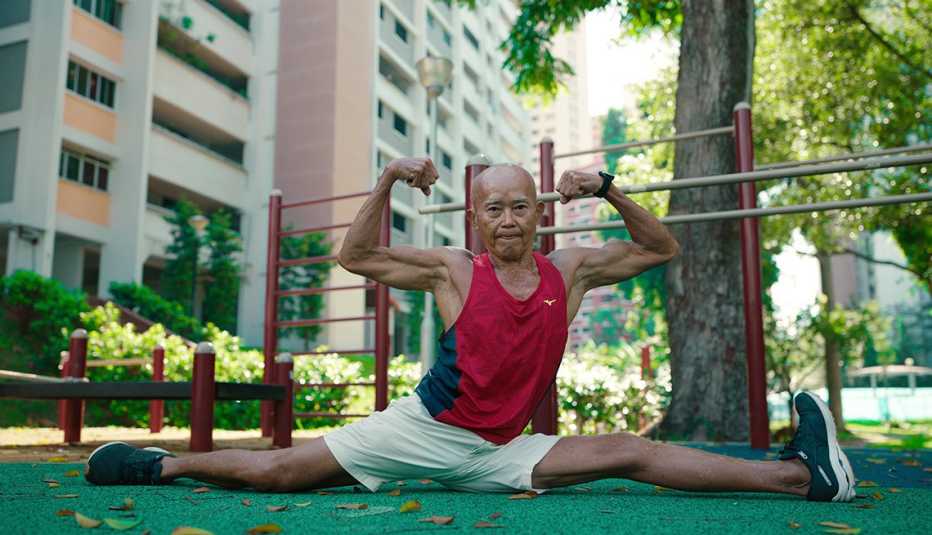
Dan Buettner, 63, has spent decades investigating the longevity hot spots he calls blue zones — the places with more centenarians than anywhere else — and reports his findings in best-selling books, and now in a smash-hit Netflix series, Live to 100: Secrets of the Blue Zones. Buettner interviews fascinatingly age-resistant people in exotic locales, sharing their meals and stories, and pretty soon the viewer feels like a local.
Back in 2008, AARP helped put the life-extending tactics Buettner deduced from his studies to a test. In the AARP/Blue Zones Vitality Project in Albert Lea, Minnesota, participants collectively lost thousands of pounds and, he calculated, increased their average life expectancy by 2.9 years. In an article for AARP, Buettner wrote, “All say they feel healthier — physically and emotionally.” Walter Willett, M.D., a Harvard School of Public Health epidemiology and nutrition professor, calls the results “stunning.”
On his 2023 Netflix show, Buettner says, “By traveling throughout the blue zones, I now knew what the longest-lived people did to live a long time. They ate wisely, they move naturally, they had the right outlook and they knew how to connect.”
Buettner’s series is as entertaining as Anthony Bourdain’s Parts Unknown — but he brings news you can use for more than tourism. He’s out to make you live longer by showing you how the centenarians manage to do so.
Here’s what he learned from some of the oldest, wisest people in the world.

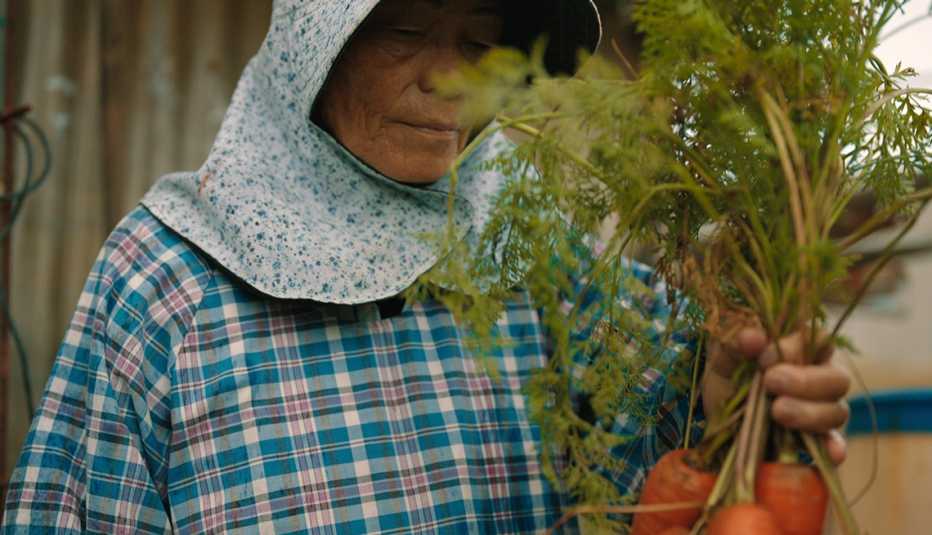
Don’t want to die? Fix your diet
People ate smart in all of the blue zones he found: Ikaria, Greece, eight miles off Turkey’s coast; Okinawa, Japan; the Ogliastra region in Sardinia, Italy; Costa Rica’s Nicoya Peninsula; Singapore; and Loma Linda, California. Most of them are isolated from modern, unhealthy lifestyles, but what’s a California town doing on the list?
Loma Linda’s secret is that it has the highest population of Seventh-Day Adventists in America. More than a third are vegan or vegetarian, with only about 5 percent of their calories coming from meat, poultry and fish. For the average American, Buettner says, it’s at least triple that. The Adventists try to follow Adam and Eve’s menu in the Bible: grains, greens, vegetables, nuts. Buettner says about a cup of beans a day is associated with an extra four years of life expectancy. And the Adventist Health Study, which followed 103,000 Adventists for 30 years, showed that they’re living about seven years longer than the rest of us. They also weigh about 20 pounds less than meat eaters do.
One pro tip, says Buettner: “The Okinawans have this ingenious saying, ‘Hara hachi bu,’ which reminds them to stop eating when their stomachs are 80 percent full.”
Loma Linda’s Ernest Zane, 95, told Buettner he’s outlived his dad by 30 years. “He had no idea about health, drank, smoked. If I followed in my dad’s footsteps, my lifestyle and things, I would be gone.”
You gotta have faith
It wasn’t just the Adventists whose religion gave them an advantage. The long-lived Sardinians and Costa Ricans are mostly Catholics, and in Okinawa ancestors are venerated and prayed to. “People who attend spiritual services more than once weekly can get an extra seven years of life expectancy,” Buettner says. “It doesn’t matter what religion you are. What matters is that you’re part of a faith-based community and that you show up.”



































































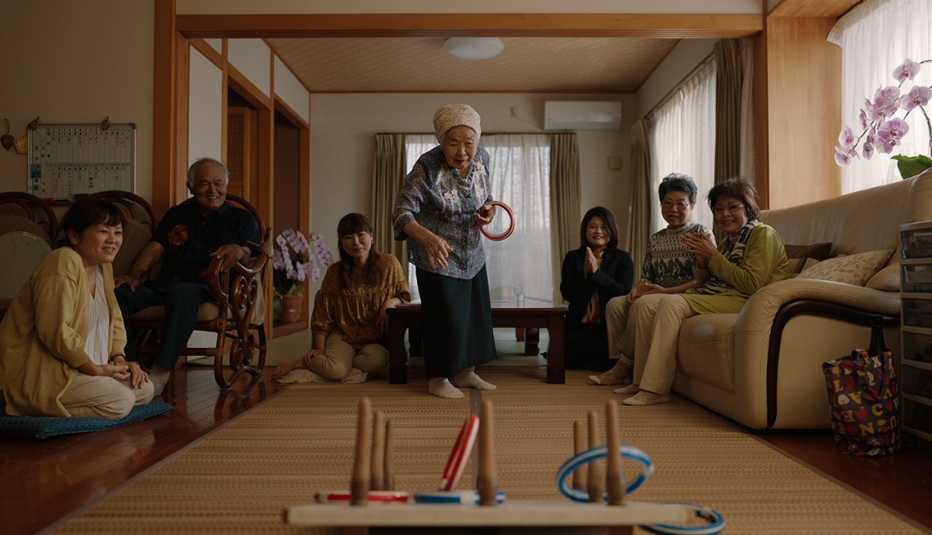
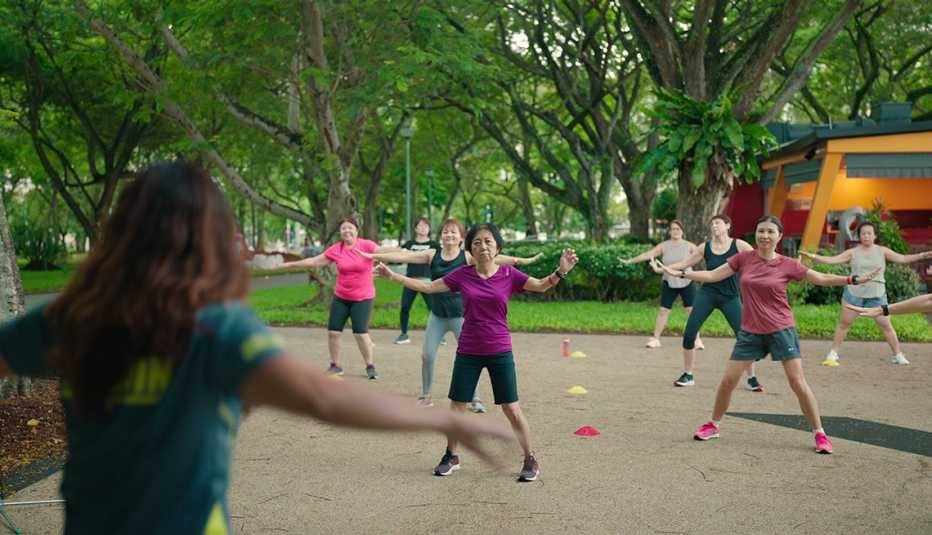

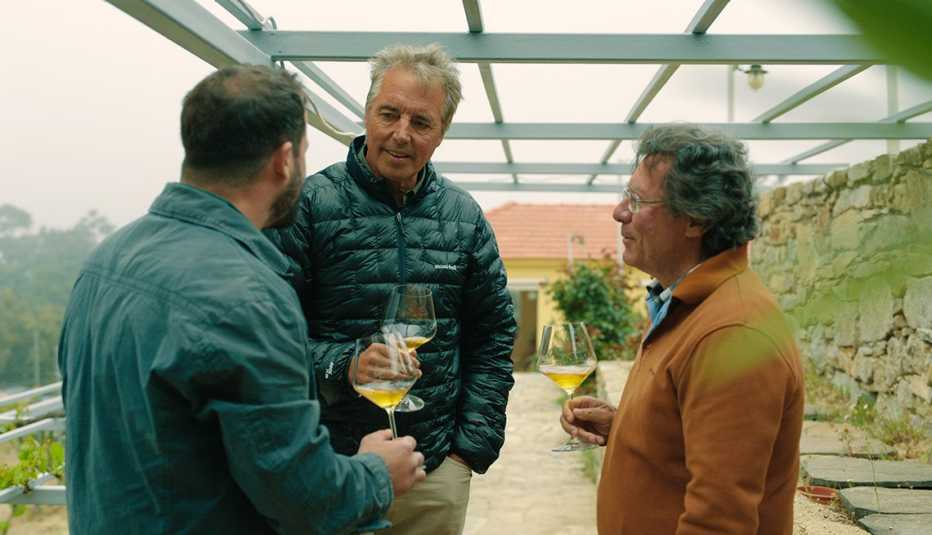
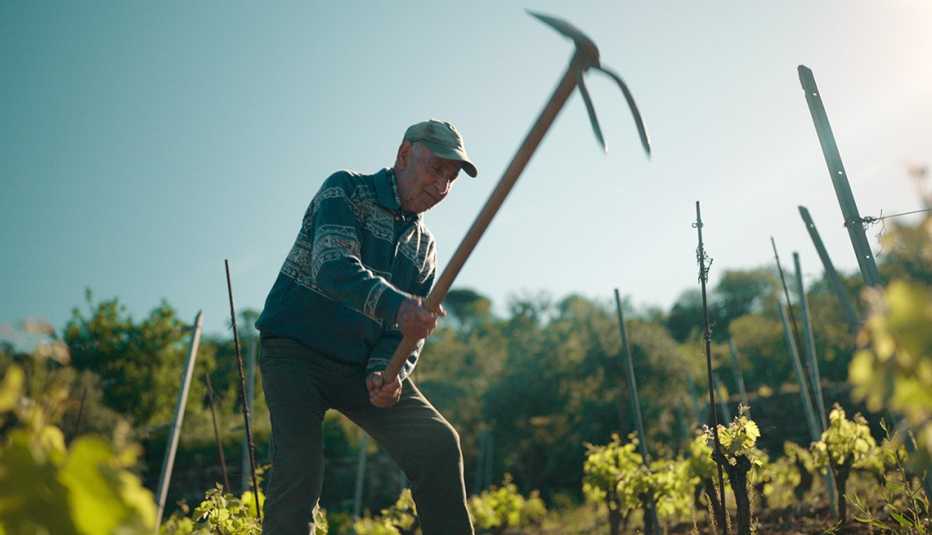


More From AARP
8 Celebrities Still Doing What They Love After 90
Catch up (if you can!) with Mel Brooks, Rita Moreno, Dick Van Dyke and more
15 Hidden Gems on Netflix
Save time with this watch list of buried film and TV treasures